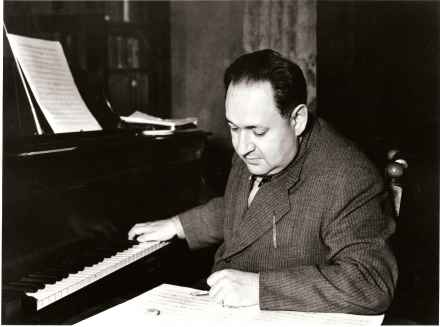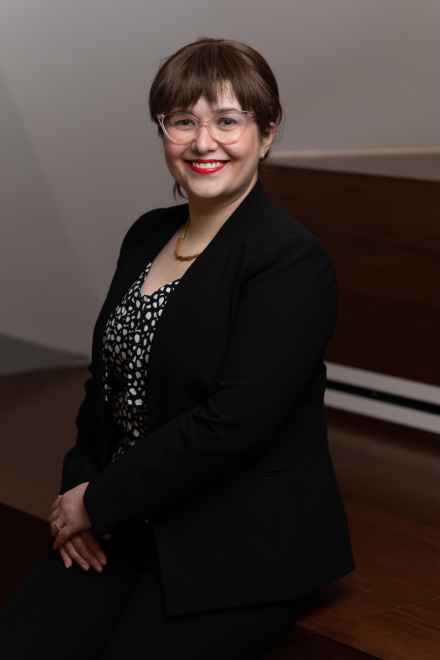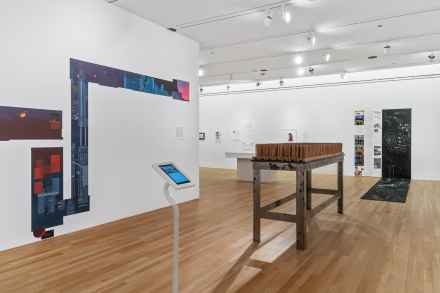UChicago's Korngold Festival rediscovers composer who straddled two worlds: A Q&A with Prof. Philip V. Bohlman
Starting on April 1, the Korngold Festival at the University of Chicago will celebrate Erich Wolfgang Korngold’s music and discuss how his life and work show a transformational change from composing late-romanticism in classical music in Vienna to Hollywood film music in Los Angeles.
The 10-day festival, titled Korngold Rediscovered, features a myriad of events held at the Reva and David Logan Center for the Arts on the Hyde Park campus. It includes musical performances, a symposium of lectures and panels, the American premiere of Korngold’s final opera, and a film screening, finally concluding with UChicago Presents’ performance of the French string quartet Quatuor Diotima on April 10. Ticket prices vary depending on each specific event.
“Korngold was a very talented composer who could create songs, operas and concertos starting at the age of 11, but he was not considered a genius in Vienna,” said Philip V. Bohlman, the Ludwig Rosenberger Distinguished Service Professor in the Department of Music at UChicago. “Like Joseph Haydn, Korngold was groomed to be a musician from his earliest years. The most fascinating part of his life and work is how he makes the transition to America and to Hollywood film music.”




